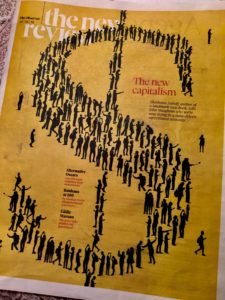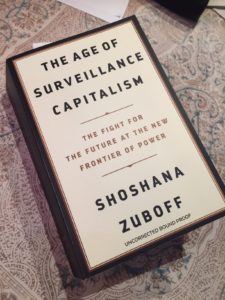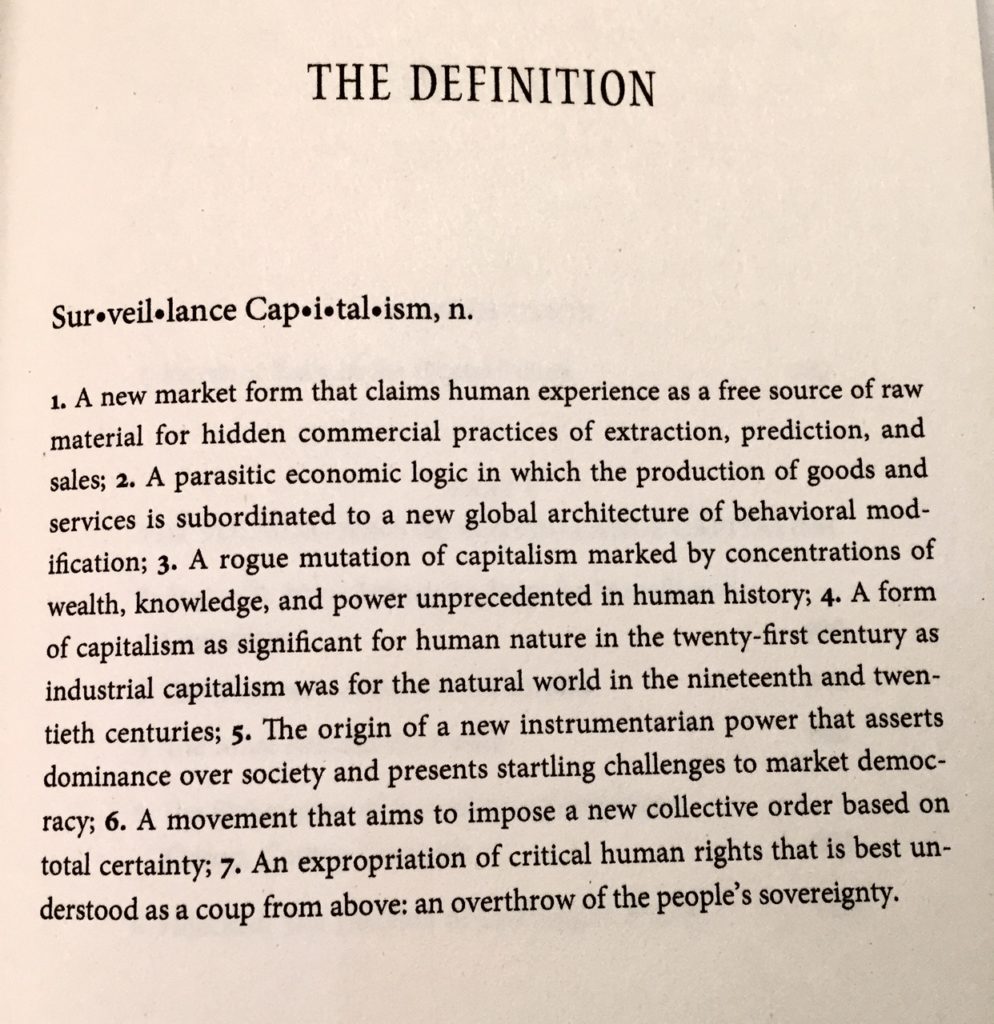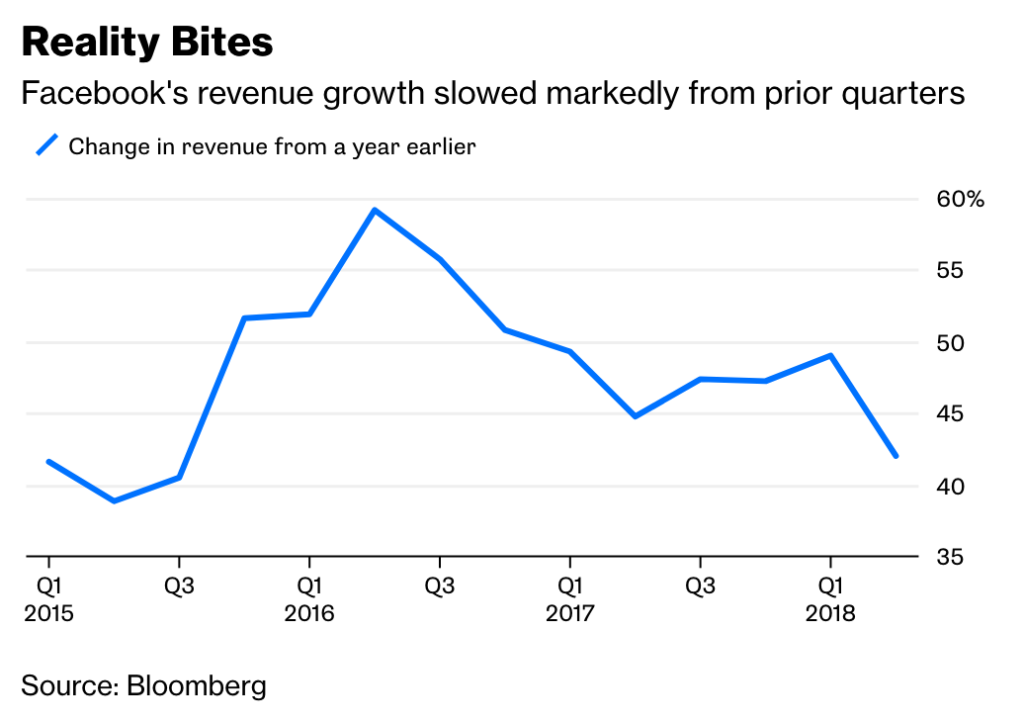This morning’s Observer column:
My eye was caught by a headline in Wired magazine: “When algorithms think you want to die”. Below it was an article by two academic researchers, Ysabel Gerrard and Tarleton Gillespie, about the “recommendation engines” that are a central feature of social media and e-commerce sites.
Everyone who uses the web is familiar with these engines. A recommendation algorithm is what prompts Amazon to tell me that since I’ve bought Custodians of the Internet, Gillespie’s excellent book on the moderation of online content, I might also be interested in Safiya Umoja Noble’s Algorithms of Oppression: How Search Engines Reinforce Racism and a host of other books about algorithmic power and bias. In that particular case, the algorithm’s guess is accurate and helpful: it informs me about stuff that I should have known about but hadn’t.
Recommendation engines are central to the “personalisation” of online content and were once seen as largely benign…





